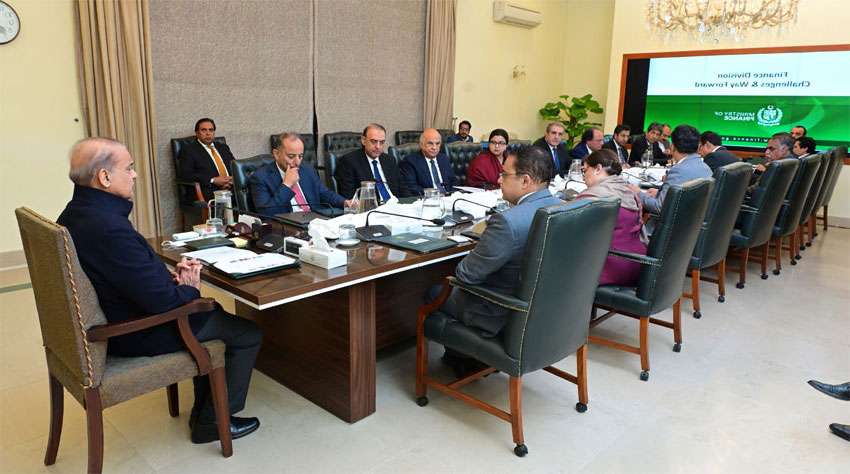Latest News
PM Gives Orders To Draft An Action Plan To Rejuvenate Economy

Latest News
The bail petition of Parvez Elahi in the Jinnah House attack case has been rejected by the ATC.
Business
The International Monetary Fund (IMF) and Pakistan have initiated discussions at the policy level.
Latest News
Iran has officially announced a period of national mourning following the tragic death of Raisi in a helicopter crash.
-

 Business9 hours ago
Business9 hours agoThe International Monetary Fund (IMF) and Pakistan have initiated discussions at the policy level.
-

 Latest News10 hours ago
Latest News10 hours agoAbbasi says that Pakistan’s functioning will not be efficient without implementing improvements in the system.
-

 Latest News9 hours ago
Latest News9 hours agoThe bail petition of Parvez Elahi in the Jinnah House attack case has been rejected by the ATC.
-

 Latest News9 hours ago
Latest News9 hours agoStatement from the chief meteorologist regarding the Karachi heatwave:
-

 Latest News10 hours ago
Latest News10 hours agoAitchison College appoints a new principal.
-

 Latest News9 hours ago
Latest News9 hours agoPakistan and Turkey have reached an agreement to enhance their bilateral commerce to a total of $5 billion.
-

 Latest News9 hours ago
Latest News9 hours agoThe matriculation exams in Karachi have been rescheduled.
-

 Latest News9 hours ago
Latest News9 hours agoAdditional Pakistani students evacuated from Bishkek, which has been affected by unrest.














